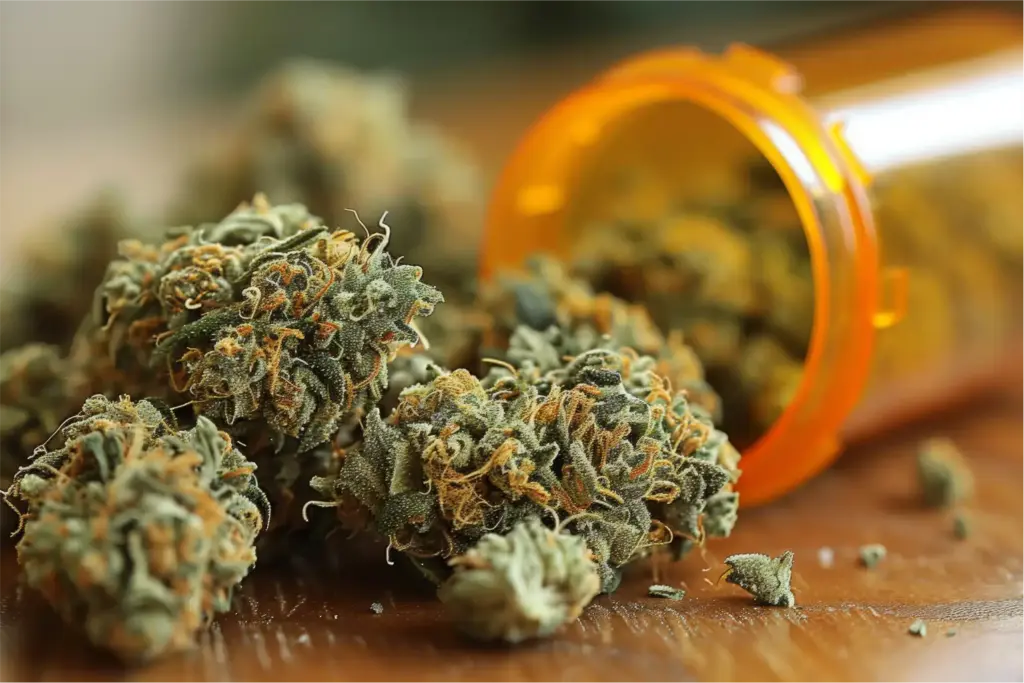
Medical cannabis and insomnia: Cannabis-based medical products may offer sustained improvements in sleep quality for people with insomnia, according to new research that followed patients for up to 18 months.
The study, published in PLOS Mental Health, tracked 124 adults prescribed medical cannabis for insomnia. Participants consistently reported better sleep, along with reduced anxiety, depression, and pain, while overall quality of life improved throughout the treatment period.
Also Read | New research suggests sleep apnoea gets worse over the weekend
“Over an 18-month period, our study showed that treatment for insomnia with cannabis-based medicinal products was associated with sustained improvements in subjective sleep quality and anxiety symptoms,” said co-author Dr. Simon Erridge, research director at the Curaleaf Clinic.
Around a third of adults worldwide struggle with sleep problems, and roughly 10% meet the criteria for an insomnia disorder. Existing treatments, such as sedative medications, can be difficult to access and carry risks of dependence, creating demand for alternative therapies.
In this study, patients taking cannabis-based products not only reported better sleep but also noted improvements in mental health. About 9% of participants experienced side effects, including fatigue, dry mouth, or persistent insomnia, but none were considered serious.
The researchers emphasized that while the findings highlight the potential of medical cannabis as an option when conventional therapies fail, randomized controlled trials are needed to confirm its long-term safety and effectiveness.
“This long-term study provides valuable real-world evidence on patient outcomes beyond what we typically see in short-term trials,” Erridge said. He added that some patients showed signs of developing tolerance, underscoring the need for continued monitoring and personalised treatment plans.
The results suggest cannabis-based medical products could play a role in managing chronic insomnia, particularly for patients who have not responded to traditional therapies.








